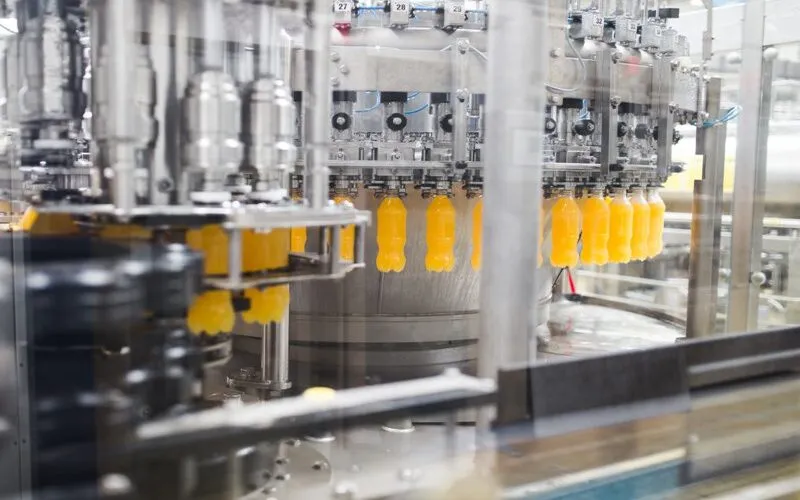
Food Industry
When choosing electrical materials in explosion-risk areas in the food industry, it is important to use products that comply with the ATEX directive.
The ATEX directive sets standards for the design, manufacture and use of electrical equipment used in explosive atmospheres.
For this reason, food industry businesses must ensure that the electrical materials they will use in explosion-risk areas comply with the ATEX directive. Materials complying with the ATEX directive help reduce the risk of explosion when used in explosion-risk areas.
Materials complying with the ATEX directive include explosion-proof coatings, appropriate sealing properties, designs to prevent dust ingress and anti-explosion properties. These materials help prevent explosions when used in explosion-risk areas.
In addition, electrical devices used in explosion-risk areas must be regularly maintained and checked. Maintenance and checks ensure that devices operate correctly and minimize the risk of explosion.
As a result, food industry businesses should minimize the risk of explosion by using electrical materials that comply with the ATEX directive in areas with explosion risk.
The food industry contains many factors that pose a risk of explosion. These may include:
- Dust: Dust formation is inevitable during food production. Condensation and accumulation of dust increases the risk of explosion. Particularly fine powders such as wheat flour, sugar, spices and milk powder can cause explosions.
- Flammable gases: The food industry poses a risk of explosion due to the presence of flammable gases used in production processes. These gases may include gases such as methane, ethylene, propane and ammonia.
- Pressure containers: Pressure containers used in the food industry are another factor that poses the risk of explosion. These vessels may include reactors, boilers, and storage tanks.
- Electricity: The food industry uses large amounts of electricity for its production processes. Improperly configured or neglected electrical equipment can increase the risk of explosion.
- Chemicals: The food industry includes production processes that require the use of certain chemicals. Improper storage, mixing or handling may increase the risk of explosion.
- Open flames: The food industry has production processes that use open flames. Baking, frying and boiling in particular may increase the risk of explosion.
Food industry enterprises must take preventive measures to minimize explosion risks. These measures may include dust removal systems, ventilation systems, explosion-proof covers, flammable gas detectors and staff training.
